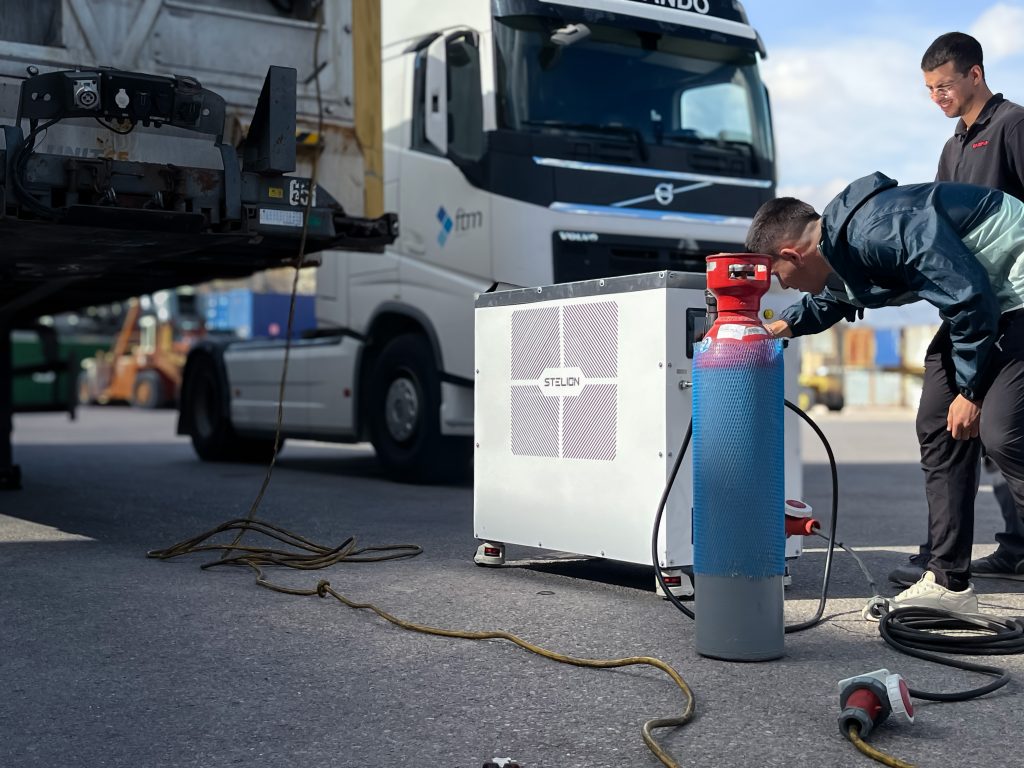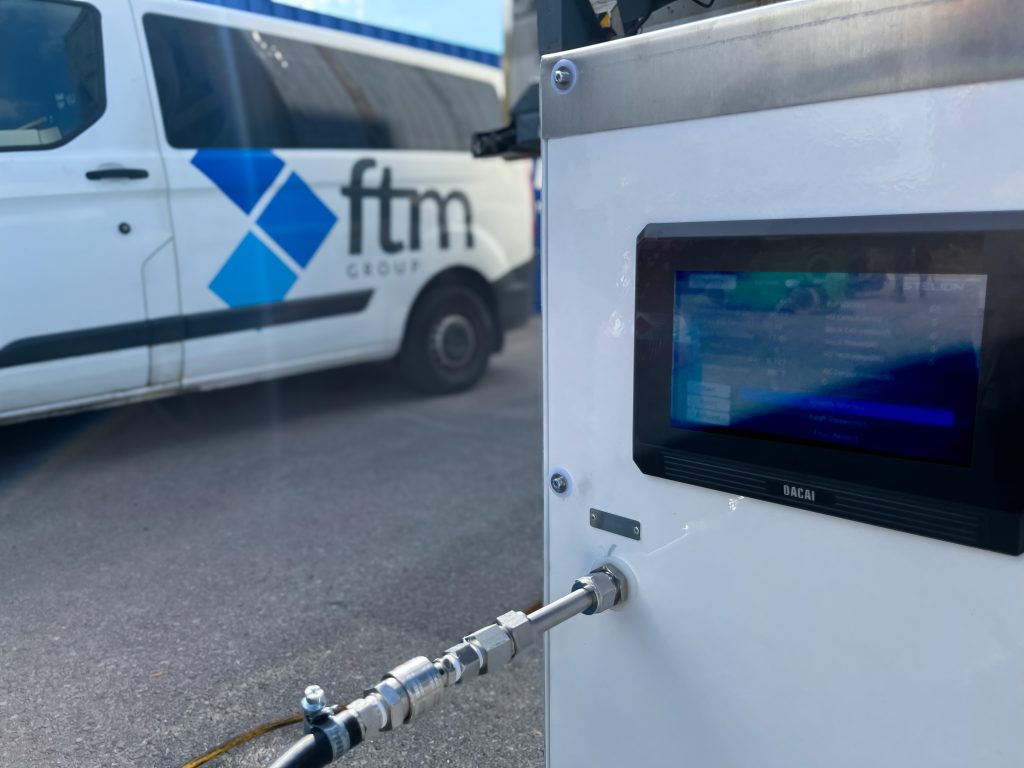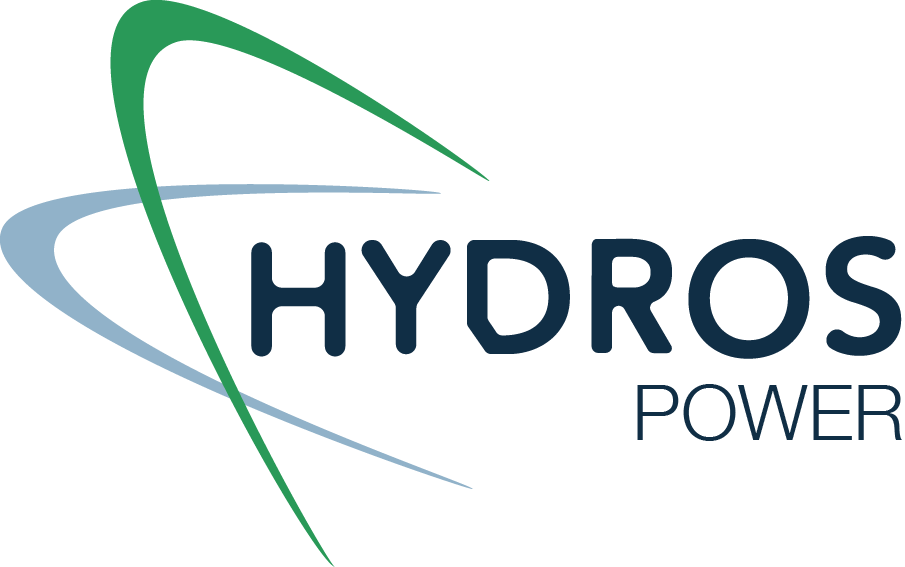What if the future of refrigerated transport in Europe had already begun and it started with a single hydrogen container?
In a sector where emissions, noise, and operating costs still set the pace, the Spanish company Hydros Power has launched the first Hydrogen refrigerated container in Spain, a real, operational system validated in logistics environments that already presents a viable alternative to diesel.
Far from grand announcements, this milestone stems from a collaboration between industry and local innovation, marking a turning point in the way we understand sustainable logistics. Spain thus becomes one of the first European countries to test a hydrogen-based solution for refrigerated transport, significantly cutting emissions, reducing noise by up to 80%, and maintaining uninterrupted operational autonomy compared to current diesel models.

A decisive step toward the decarbonization of refrigerated transport
For Hydros Power, this project represents much more than a technical milestone. It brings real value to hydrogen as a practical, operational, and accessible solution for companies that, until now, had no access to this kind of technology.
This breakthrough has been made possible through collaboration with two major logistics groups, leaders in their respective regions, whose facilities served as testing grounds for the technology. In both cases, the system proved to be a real alternative for refrigerated transport, requiring no adaptation of existing processes or infrastructure, thanks to a hybrid hydrogen-and-battery design that maintains stable temperatures during hours of continuous operation, with zero emissions, silent performance, and lower energy consumption.
For Grupo FTM and Grupo Torres, adopting a hydrogen-powered reefer has provided an opportunity to explore new forms of efficiency with a positive environmental impact. In the case of Grupo FTM, the collaboration also opened a new line of innovation within the industrial cold chain, reinforcing its commitment to cleaner and more efficient logistics processes.

This shared commitment to innovation and sustainability in logistics has also received support from the European Institute of Innovation and Technology (EIT), through its urban mobility branch, EIT Urban Mobility. Recognized as one of the EU’s leading impact funds, the institution has strengthened its trust in Hydros Power, promoting the adoption of hydrogen in a sector where battery electrification alone has proven insufficient.
Scaling and consolidating hydrogen logistics
After successfully validating its technology in real-world environments, the question is no longer whether hydrogen works, but where and how it can be deployed effectively. Hydros Power now enters a new phase focused on industrial scaling, certification, and the establishment of new strategic partnerships. The goal: to consolidate a new standard for distributed hydrogen, more flexible, decentralized, and easy to implement, even in regions without advanced energy infrastructure.
The company has already begun the homologation process for its hybrid hydrogen systems for logistics vehicles and refrigerated transport, as well as the first stages of development for its interchangeable capsules and refueling stations. With these advances, Hydros Power will complete its STELION ecosystem, a comprehensive solution designed to decarbonize, through hydrogen, those sectors where batteries alone are not a viable or efficient alternative.


